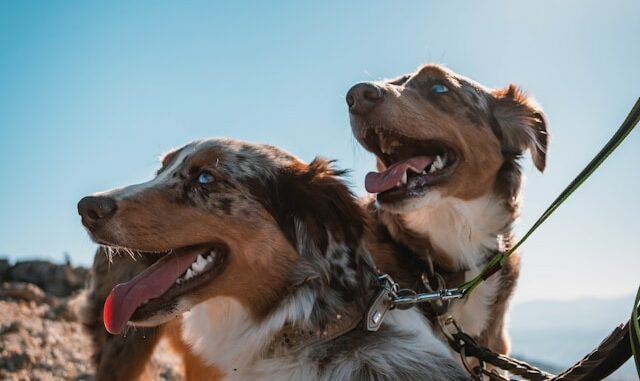
Being bitten or attacked by a dog can be a traumatic experience, leaving victims with physical injuries, emotional distress, and financial burdens. In Ontario, victims of dog bites and attacks have recourse under the Dog Owners’ Liability Act (DOLA), which outlines the responsibilities of dog owners and provides avenues for compensation. This article aims to guide victims through the process of navigating DOLA, empowering them to understand their rights and seek appropriate recourse in the aftermath of a dog-related incident.
The first step for victims of dog bites is to understand the key provisions of the Dog Owners’ Liability Act and how they apply to their situation. DOLA operates under the principle of strict liability, meaning that dog owners are automatically responsible for any harm caused by their pets, regardless of fault or negligence. This principle places the burden on the owner to prevent their dog from causing harm to others, emphasizing the importance of responsible pet ownership.
Once victims have familiarized themselves with the basics of DOLA, the next step is to gather evidence to support their claim. This may include medical records documenting the extent of their injuries, photographs of the bite or attack scene, witness statements, and any other relevant documentation. By compiling this evidence, victims can strengthen their case and increase their chances of obtaining fair compensation for their losses.
After gathering evidence, victims should consider seeking legal advice to better understand their rights and options under DOLA. A qualified lawyer can provide invaluable guidance throughout the claims process, helping victims navigate the complexities of the legal system and advocate for their interests. Additionally, lawyers can assist in negotiating with insurance companies and representing victims in court if necessary, ensuring that their rights are fully protected.
One of the key benefits of DOLA for victims of dog bites is the availability of compensation for their losses. Under the act, victims may be entitled to various forms of compensation, including medical expenses, rehabilitation costs, loss of income, pain and suffering, and property damage. By seeking compensation for their losses, victims can alleviate the financial burden associated with their injuries and focus on their recovery without undue financial stress.
In addition to seeking compensation for their losses, victims of dog bites should also consider reporting the incident to the appropriate authorities. In Ontario, incidents involving dog bites or attacks must be reported to the local animal control or bylaw enforcement agency. By reporting the incident, victims can help ensure that appropriate measures are taken to prevent future incidents and hold irresponsible dog owners accountable for their actions.
It is essential for victims of dog bites to remember that they are not alone in navigating the aftermath of a dog-related incident. There are resources available to support them throughout the process, including victim support services, legal aid clinics, and advocacy organizations. By seeking support and assistance, victims can better advocate for their rights and obtain the justice and compensation they deserve under Ontario’s Dog Owners’ Liability Act.
In conclusion, victims of dog bites in Ontario have rights and options under the Dog Owners’ Liability Act to seek compensation for their losses and hold negligent dog owners accountable for their actions. By understanding the provisions of DOLA, gathering evidence, seeking legal advice, and reporting the incident to the appropriate authorities, victims can navigate the claims process with confidence and secure the justice and compensation they deserve.
